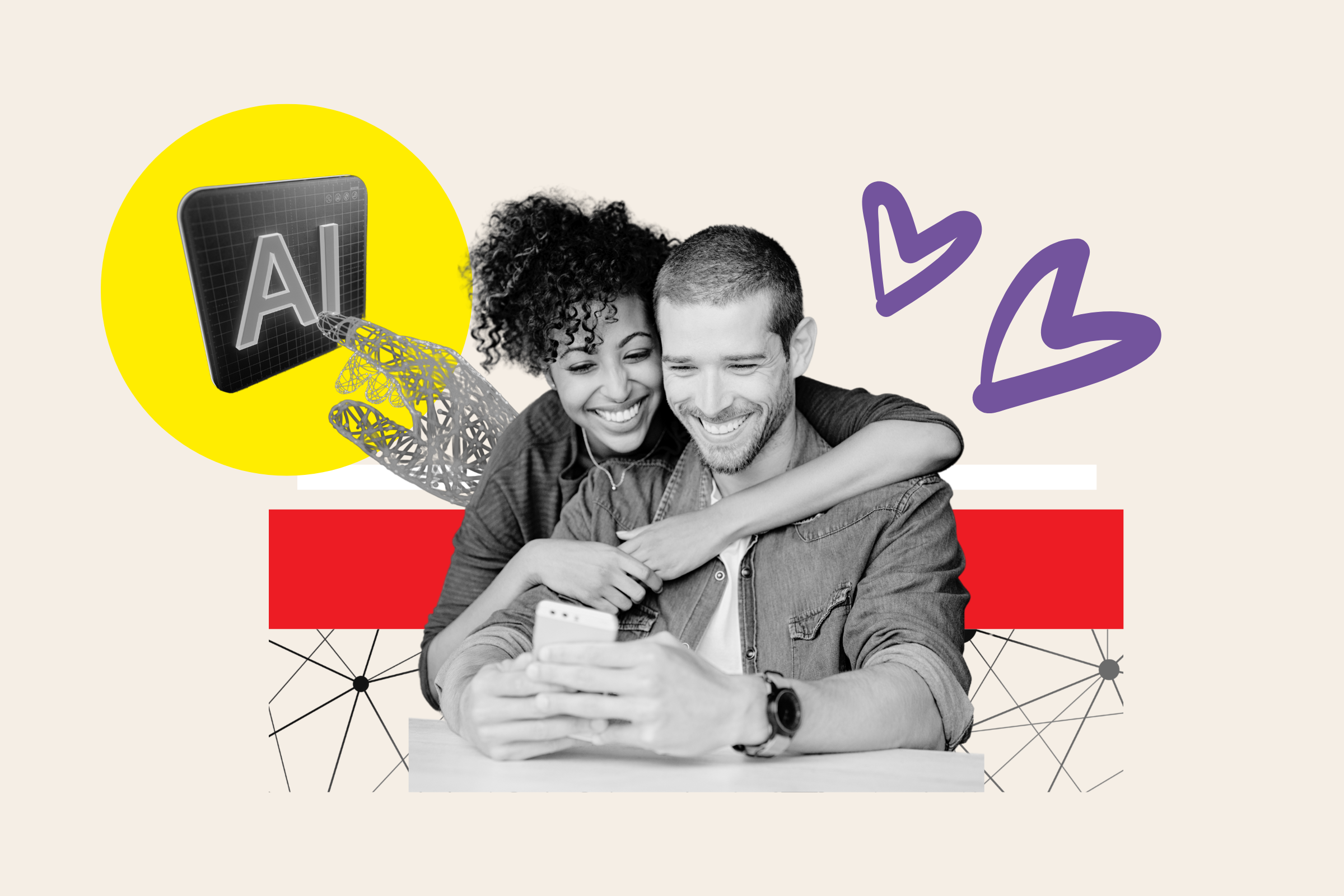Gen Z Embraces AI in Their Dating Lives

Understanding AI’s Role in Modern Dating
Dating in today’s world, where dating apps and social media dominate the landscape, can be quite challenging. For many Millennials and Gen Zers, technology has become an integral part of their romantic lives, and recently, artificial intelligence (AI) is making waves in this area. A study by Paired, a relationships app, captured insights from 1,561 participants regarding how AI is affecting their dating experiences.
AI Use Among Generations
According to the findings, Gen Z individuals, aged 18 to 26, are the most open to using AI in their romantic lives. About 15% of them reported using AI to help plan dates, while 12% turned to AI for relationship advice. On the other hand, Millennials, who are 29 to 44 years old, displayed less AI engagement—9% for date planning and 11% for relationship guidance.
Despite the rising interest in incorporating technology into love lives, a significant majority of young people remain hesitant. The survey revealed that 72% of Gen Z and 76% of Millennials have never utilized AI for matters of the heart. Their reluctance often stems from concerns about authenticity and the fear that tech impedes genuine connections.
Expert Insights on Technology and Relationships
Aly Bullock, a therapist and head of relationships at Paired, suggests that younger generations often feel overwhelmed by technology’s encroachment on personal interactions. “Dating apps are exhausting,” Bullock noted. “Post-pandemic, people are craving real-life connections.” Many young individuals view AI as merely another barrier to authentic human closeness, and this apprehension is reflected in their responses.
Tech-Related Relationship Challenges
The survey also shed light on the challenges posed by technology in relationships. A significant concern was phone usage during quality time, with 57% of Gen Z and 68% of Millennials acknowledging this issue. Other reported challenges included gaming during shared moments and work-related communications during off-hours.
Despite these challenges, almost 19% of Millennials expressed interest in utilizing AI tools like relationship advice, couples therapy, and structured exercises to enhance their romantic experiences. This inclining interest suggests a growing openness toward the potential benefits of AI in love, even if most are not ready to fully embrace it.
The Potential of AI in Relationships
Bullock commented on the implications of AI for emotional intelligence and conflict resolution. “AI isn’t inherently negative for relationships,” she said. Historically, people have turned to books, friends, and mentors for guidance in navigating emotions—AI can be seen as an additional resource in this quest.
While actual human interactions remain irreplaceable, AI has the potential to serve as a valuable tool, assisting couples in navigating the complexities of modern relationships. It’s important to shift the narrative from fearing new technology to recognizing its potential to facilitate deeper connections.
Future Prospects
As society continues to evolve with technology, the integration of AI into dating will likely progress, offering new ways for individuals to foster relationships. The key lies in finding balance—leveraging the advantages of AI while remaining committed to authentic human connections. Rather than resisting change, embracing these advancements may enhance how we relate to one another in romantic settings.
In summary, while AI is not yet dominant in the dating landscape, its presence is gradually becoming more accepted among younger generations. This evolution in romance reflects a blend of tradition and innovation, as individuals seek to navigate love in the digital age.





